The Pollinator Victory Garden…A Review.
Small changes in our gardening can make an enormous difference to our world – The “Act locally, think globally” concept could never be applied so effectively! We can each, in our individual gardens, make small changes which will be beneficial to our environment, to the pollinators of our country and its ecology without, and this can be borne firmly in mind, without lessening the beauty of our gardens. We can garden beautifully and to the benefit of our environment. There need be no clash between aesthetics and caring for our environment.
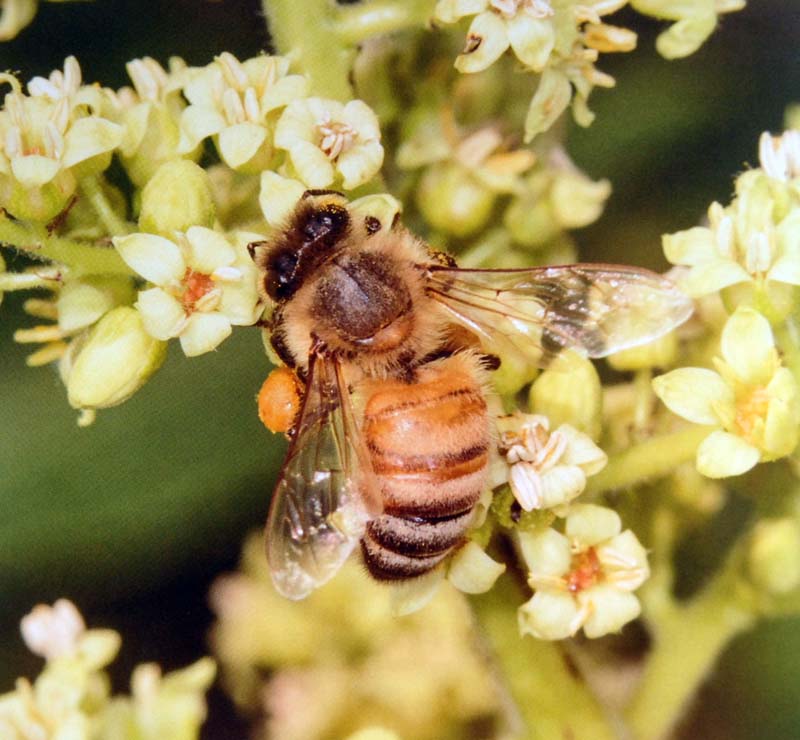
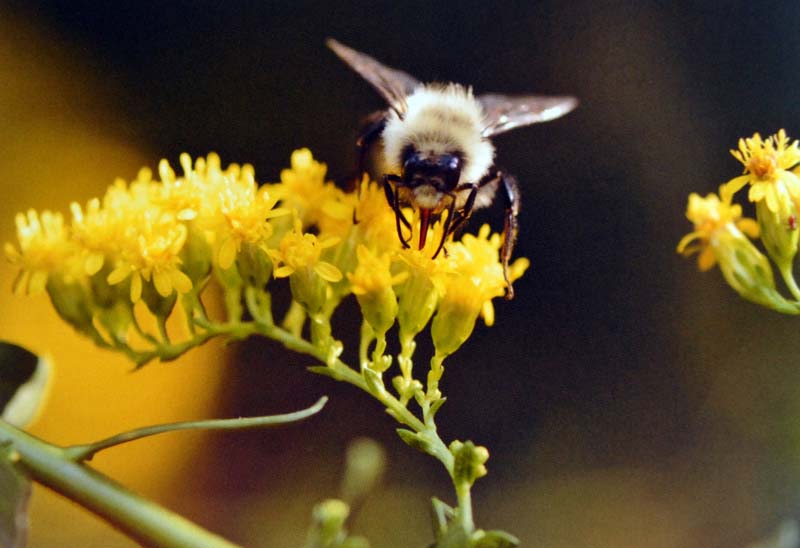
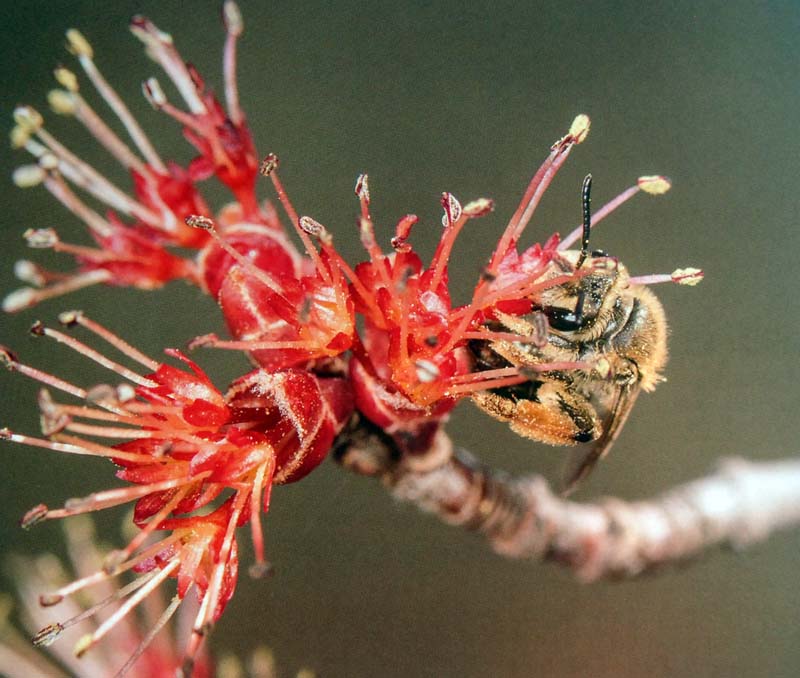

Kim Eierman is an American environmental horticulturalist and landscape designer specialising in ecological landscapes and native plants and, though written for an American gardening audience, the book has widespread application for gardeners at this side of the Atlantic. She dedicates her book, The Pollinator Victory Garden, to the memory of Rachel Carson, author of the seminal Silent Spring who warned us half a century ago about the dangers of synthetic pesticides.
In an era of social concern for our environment, of worries about climate change and the unprecedented loss of our wildlife, particularly pollinators, the author realises that change will, and will have to, come from ground-roots people and that governments and international bodies will follow social change. We can achieve these seismic changes through the actions we take in our own gardens and she compares the movement to that of Second World War when, to alleviate food shortages, people used their gardens to grow vegetable and raise food rather than have them simply as ornamental spaces attached to their homes. These were the original Victory Gardens and today we have a greater need for Victory Gardens for our food production is again under threat as our pollinators go further into decline.
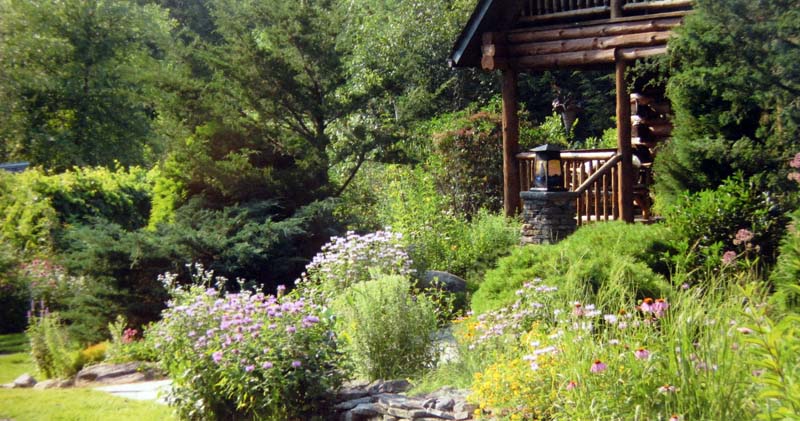

84% of crops grown for human consumption need pollinators and 80% of this pollination is done by bees. Quite simply, without the bees we will have no food; we will starve; we will die! It makes sense to do whatever we can to redress this situation.
This dire situation is of our own making through the destruction and fragmentation of habitat from extensive house building, industry, road infrastructure and the widespread use of pesticides. We can lobby our politicians to make changes in these areas and this may be a slow process but we can act in our own individual capacity and make changes which will help redress the damage.
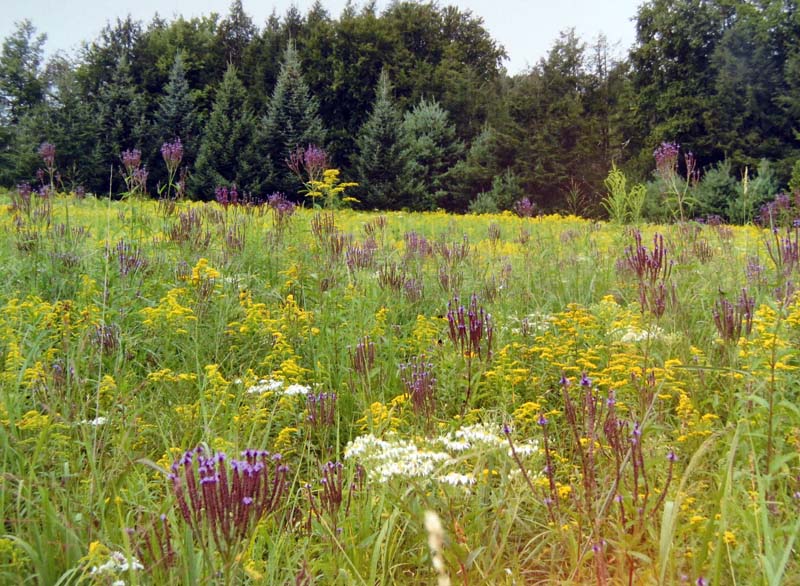

The author suggests the following actions for the gardener:
- Reduce the area under lawn, a monoculture of little or no benefit to pollinators
- Consider a meadow instead or, certainly, allowing some wildflowers an opportunity to grow there.
- Increase the use of native plants – these are more suited to our native pollinators than exotic/foreign plants.
- Stop using pesticides – this is probably the one change everybody could adopt, a do no harm approach, at the very least.
Gardeners will want to have a wide range of plants, non-native plants, for interest and for aesthetic reasons, and the author suggests the following guidelines:
- Native plants are best!
- Avoid invasive non-native plants as these impact detrimentally on our environment.
- Single flowers are generally of more benefit to pollinators than double flowers.
- Species are generally better than cultivars/hybrids – grow the species from seed as they ensure a wider genetic diversity.
- The gardener’s wish for something in bloom at all times of the year is just what the pollinators need so grow a wide selection of plants which flower at all seasons of the year.
- Trees and shrubs are very important to pollinators, something not often realised by gardeners.
- Use plants with flowers of diverse shape, size and colour – to suit a wider range of pollinators.
- With your local knowledge select the specific plants which suit specific pollinators.
The author expands clearly and in a very readable and interesting manner on all these aspects in the book. It is an encouraging book, one with hope and determination, outlining a way to recovery not only for pollinators but for us gardeners and the whole world. Make your own Victory Garden!

[The Pollinator Victory Garden, Kim Eierman, Quarry Books – Quarto Publishing Group, Massachusetts, 2020, Softback, 160 pages, £16.99, ISBN: 978-1-63159-750-3. Visit QuartoKnows.com]
